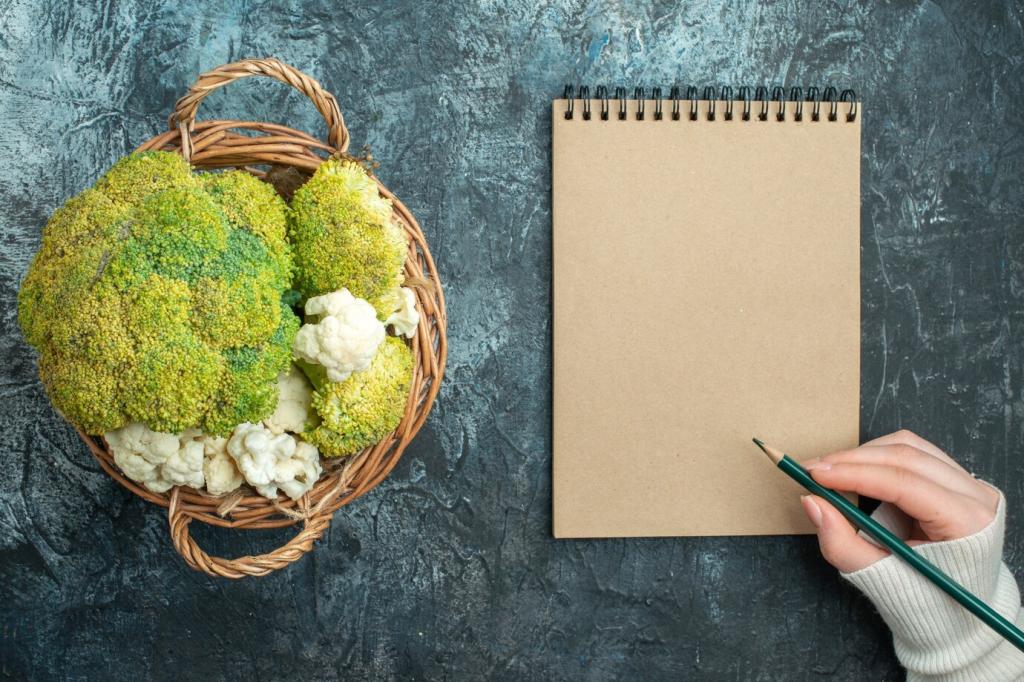Home Audit: Understanding Your Trash
Place a notepad near your bin and jot down what you toss for seven days. You will spot repeat offenders, like snack wrappers or mailers, and discover where small tweaks can eliminate surprising amounts of waste.
Home Audit: Understanding Your Trash
Check the kitchen, bathroom, mail pile, and cleaning cupboard. These corners hide disposable habits: single-use wipes, tiny hotel bottles, plastic-lined mailers. Once you see them, you can design easy replacements that actually stick.



